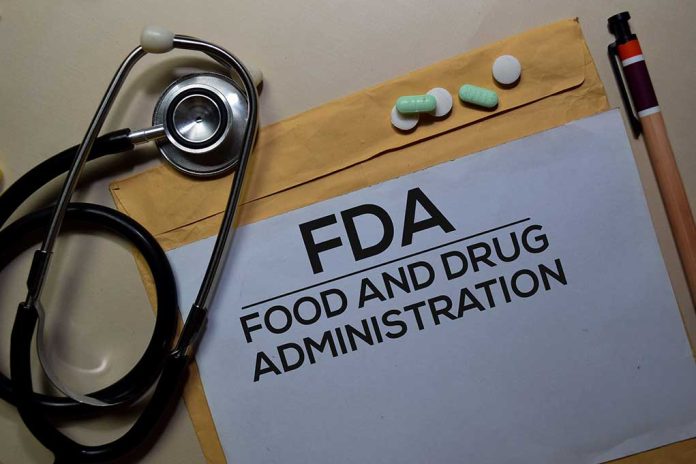
The FDA faces intense scrutiny over its decision not to publicly disclose a significant E. coli outbreak affecting 89 people across 15 states, challenging its commitment to transparency.
Key Takeaways
- E. coli outbreak linked to romaine lettuce affected 15 states, resulting in one death and sickening 89 people.
- The FDA did not disclose the outbreak since the contaminated product was not in commerce anymore.
- CDC declared the outbreak over in mid-January; FDA closed investigation in February without publicizing findings.
- Lawsuits filed against Taylor Farms, linked to the outbreak, despite company’s denial of responsibility.
- The lack of public communication has raised questions about FDA’s transparency and accountability.
An Outbreak Undisclosed
An E. coli outbreak linked to romaine lettuce emerged in early November 2024 in St. Louis County, Missouri, affecting 89 individuals and causing one death. Despite its grave impact, with a 9-year-old boy near kidney failure, neither the public nor the companies involved were informed about the ordeal, as the contaminated product was deemed no longer available in commerce. Individuals affected spanned 15 states, including Arkansas, Colorado, Illinois, and Missouri.
Federal officials, while not legally obligated to disclose all outbreak information, are under pressure to adopt greater transparency. The Centers for Disease Control and Prevention declared the outbreak over by mid-January, with the FDA wrapping up its investigation sans further public notification, most likely to avoid public backlash or market consequences. This has left the public with concerns about the timeliness and effectiveness of communication in public health crises.
The Question of Accountability
The FDA didn’t identify any firm linked to the outbreak due to the lack of sufficient evidence, stating, “The FDA names firms when there is enough evidence linking an outbreak to a firm and there is actionable advice for consumers, as long as naming the firm is not legally prohibited.” Yet, despite a correlation in genome sequencing to the outbreak, stakeholders have expressed concerns over withheld information.
Records suggested a linkage to California-based Taylor Farms, sparking several lawsuits claiming defective and dangerous products. Despite finger-pointing, Taylor Farms has strongly denied these allegations through extensive raw product testing, maintaining that no contamination was found. This contention raises substantial debate concerning the balance between corporate protection and public transparency in health-related crises.
The Unresolved Mystery
Despite extensive investigations, the FDA’s efforts yielded no notable observations at the implicated grower’s site, and the name of the common ranch investigated was redacted in reports. No specific actions were taken against any firm, leaving the involved companies to conduct internal investigations. It remains unclear how Taylor Farms might respond to the ongoing legal challenges.
The situation underscores the demand for accountability from institutions like the FDA that are entrusted with safeguarding public health. As ongoing investigations try to pin down fault lines, the imperative for a robust, transparent communication strategy remains paramount to restoring public trust.
Sources:
- RFK Jr.’s FDA Covered Up Killer E. Coli Outbreak
- Deadly E. Coli Outbreak Linked to Lettuce Found in 15 States — But FDA Says It Wasn’t Publicized
- A deadly E.coli outbreak in US killed a teen and left dozens sick. But here’s why you never heard of it
- E. coli outbreak went unpublicized by FDA despite affecting 15 states: report







